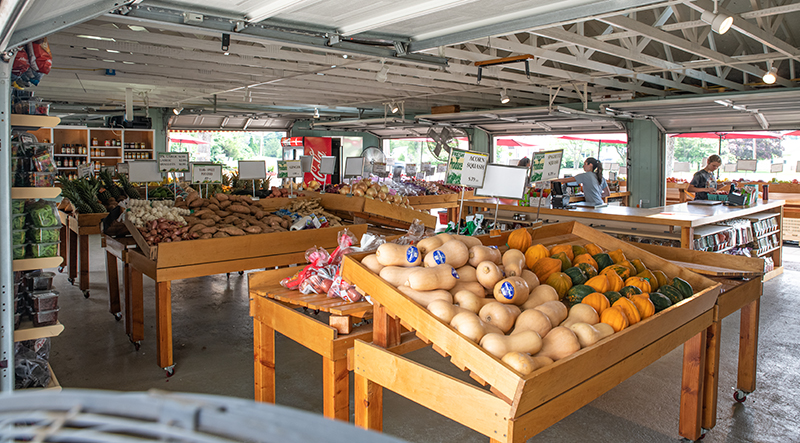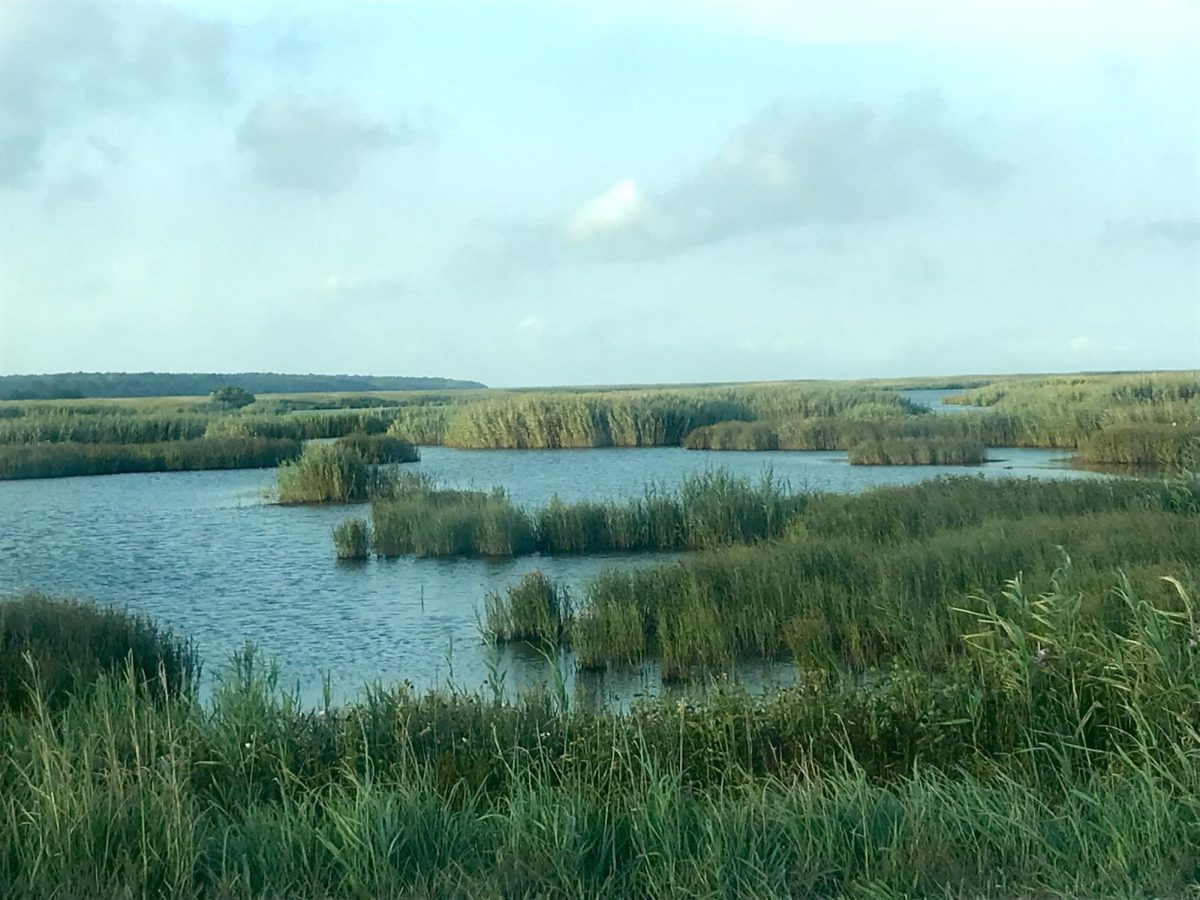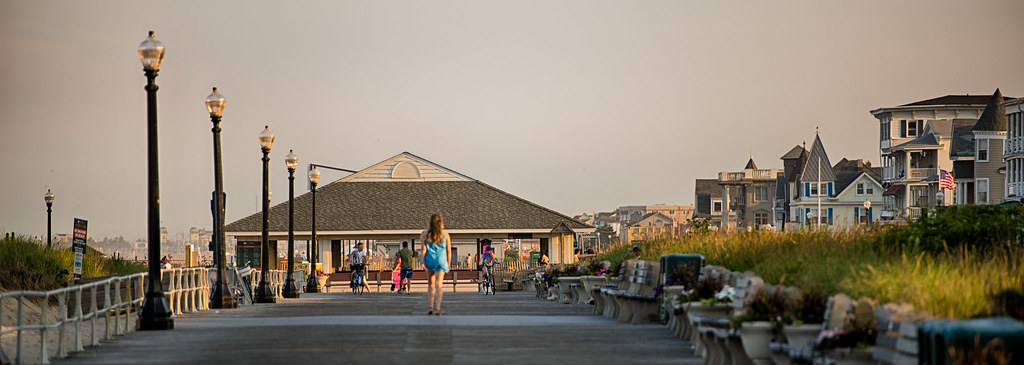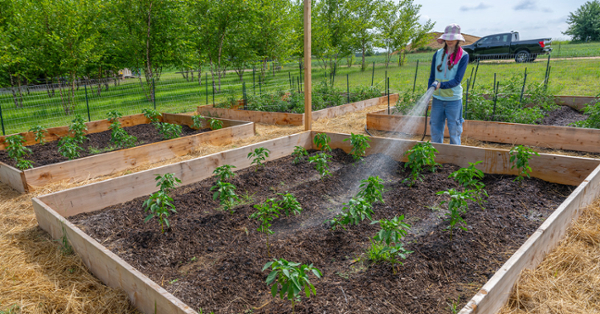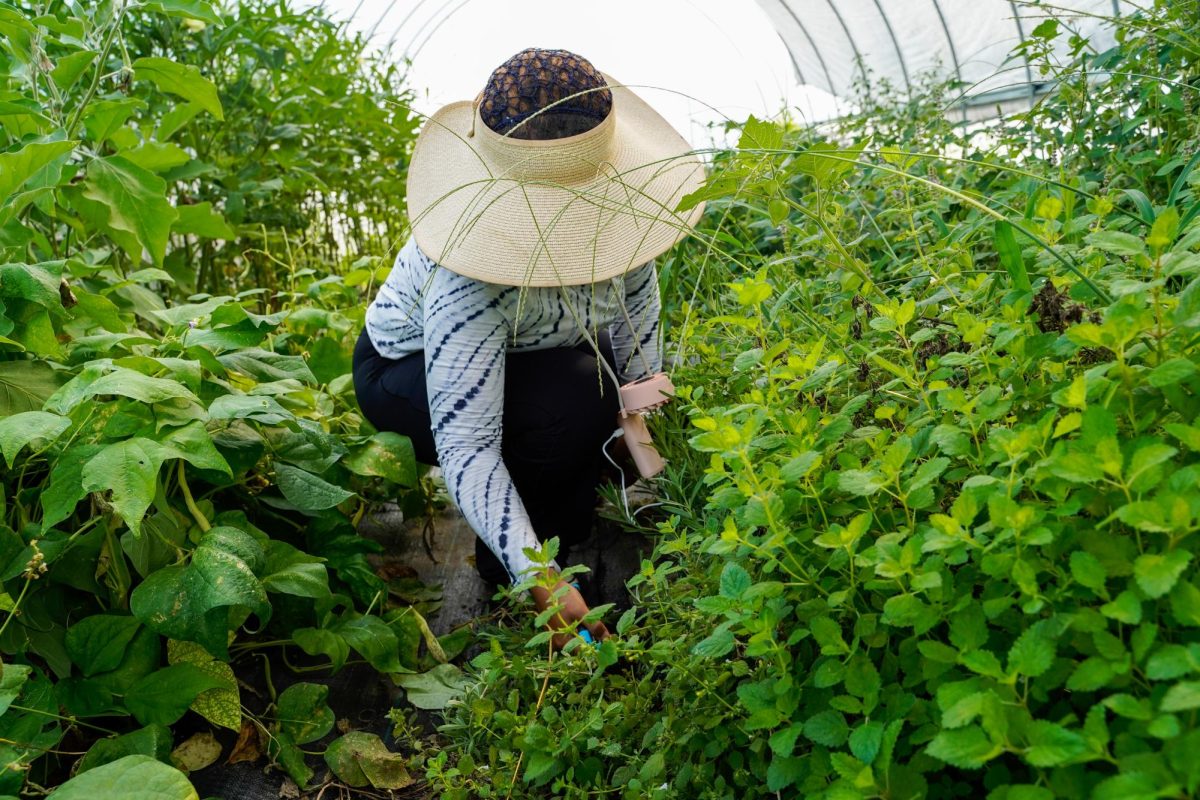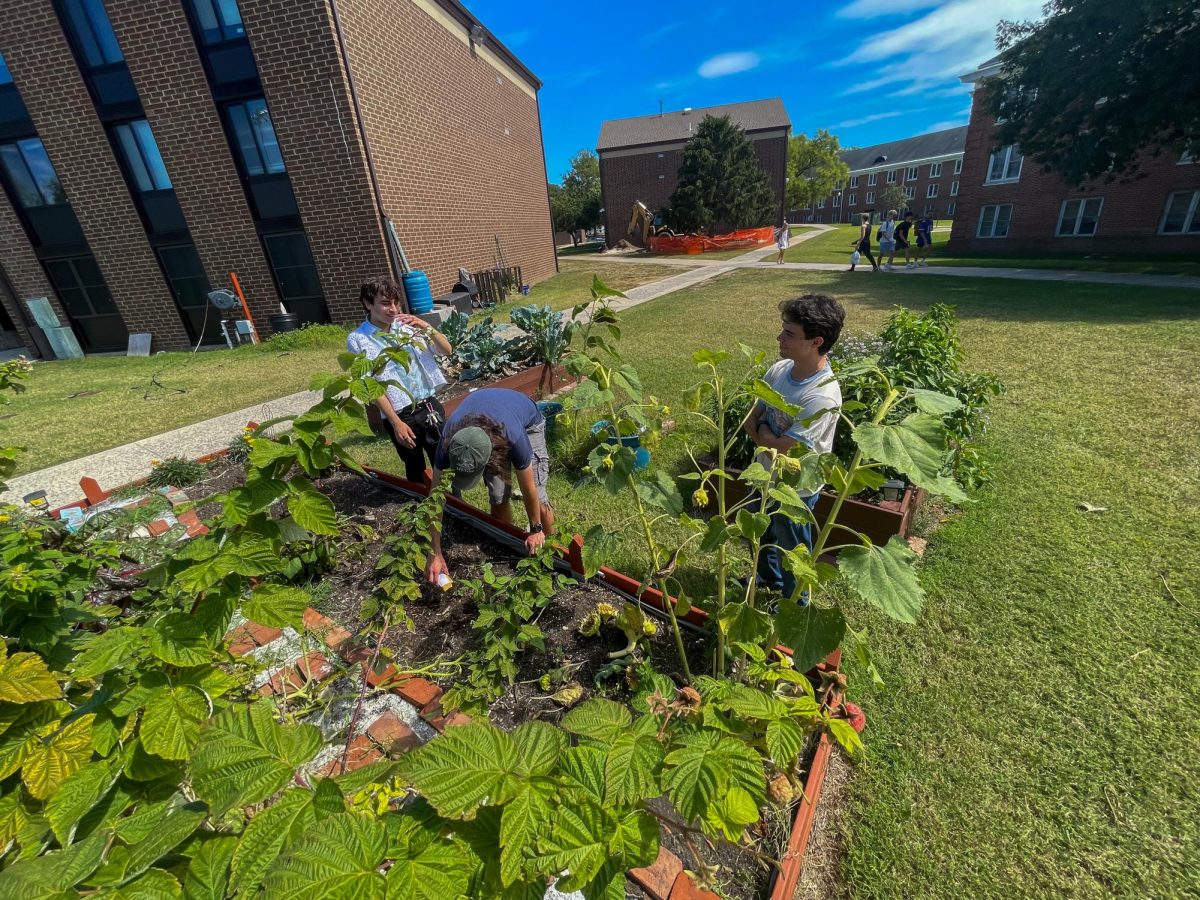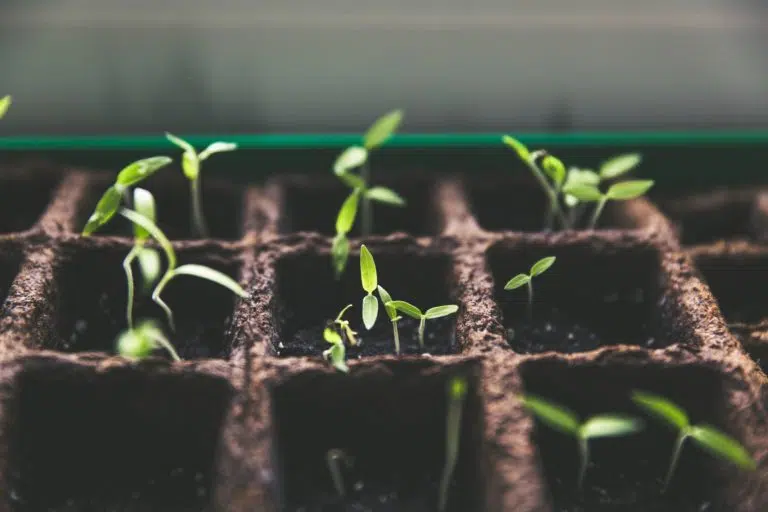By Grace Watson
COVID-19 has changed how New Jersey residents shop for food and eat.
Restaurants have been forced to close or shift to delivery and take-out only. Some supermarkets are grappling with food shortages. And customers, who are spending more on groceries, are looking for safer and less stressful ways to buy food.
As a result, New Jersey’s farm markets and stands, which have long been a staple for summer produce in the Garden State, are becoming an increasingly popular option.
Fiorentino’s Farm Market, a family owned business located in Hammonton, New Jersey, which has been in operation since the late 1930s, has already seen an increase in early season shoppers.
“We’re trying to help the people get food and keep the prices as low as we can and keep a full supply of produce in the market,” said Justin Arnzt of Fiorentino’s. “We always have a big outside selection, but we made it even bigger, minimizing how many people are inside our building at the time.”
Like all businesses, Fiorentino’s is taking extra safety precautions with cleaning and masks and gloves for employees, but it also offers an outdoor alternative to grocery stores.
“As far as the overall shopping experience, I think it’s a lot nicer being able to get fresh air,” said Arnzt. “Where in the grocery store you got a lot of people on top of each other…. You’re still in that closed environment, whereas here, it’s more open.”
In general, small produce markets don’t face the same food shortages as large supermarkets because their suppliers are local.
“We pick up all our own produce,” said Arntz. “I send a couple drivers out every day, and we go pick up fresh stuff and bring it back and sell it.
And farm markets also offer quality produce and vegetables at a time when people are cooking more at home.
“I can go pick out exactly what I want, which kind of asparagus, or which kind of apples I want, which ones look better, the higher quality stuff,” said Arntz. “That’s every day. Nothing’s changed as far as our business goes. That’s what we’ve always done.”
This story is part of our participation in a statewide climate reporting collaboration with members of the NJ College News Commons, a network of campus media outlets working together to cover the climate crisis in New Jersey.

